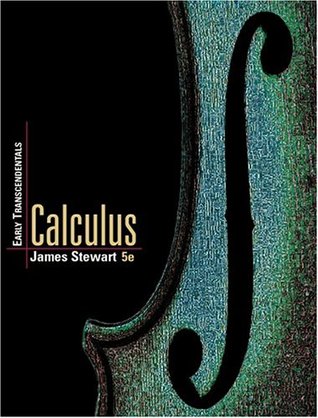I’m sure most of us students have, at one point or another, cursed the university for the math requirement. I fully admit that I am biased in this matter, as a math major, and as a lover of learning. One of the things I’ve heard most often when I tell someone that I’m majoring in math is either “I’m sorry” or “I couldn’t do that.” Personally, I disagree with both of those. Anyone can do mathematics and be successful in a math field. Math can be represented as a series of problems that want or need to be solved. Each problem can be solved in an infinite number of ways. 2+2 can be rewritten as 2+2+5-5 or 4+0 or 8-4; each expression has the same answer, 4, but they all use a combination of different operations and numbers. Each question you come across can be manipulated into something else that has the same answer, but each question could be wildly different in terms of difficulty. One of the things I love about math is that it shows you how to change the problem into something you know how to deal with, which is something that can be applied to any aspect of life.
Being successful in math just takes a separate bit of thought. Math requires its own set of outlooks and patterns, and once you’ve been exposed to those patterns, they can help you more easily understand patterns and concepts in other disciplines. That is why I believe that, rather than just having a one-course requirement, our students should be required to take Calculus (Calc) I, Calc II, and Mathematician’s Toolkit.
Currently, the requirement is filled by taking one of four classes: Intro to Contemporary Math, Elementary Statistics, Calc I, or Calc II. Personally, I believe that all of these classes are helpful and useful in the education of our students. Calculus is one of the most well-known branches of math, and thus much of higher math courses and research rely on calculus as a starting point and a base knowledge. Because of this, calculus can be one of the most helpful math courses in developing a student into a mathematician.
However, the class that I enjoyed the most, and got the most out of, was Mathematician’s Toolkit. This class teaches students how to write a mathematical proof, the different methods and strategies for planning out and following through with your reasoning. It introduces the basic foundations of many higher math topics such as set theory and functional relations.
This is not only helpful to those who wish to study math rigorously but also those in any discipline. All disciplines, from biology to accounting to philosophy to English, require you to justify your work or your position in some way. Mathematician’s Toolkit allows for students to see different ways that points or arguments can be proven or disproven. For example, in order to disprove a statement like “all dogs are nice,” one only needs to find a mean dog, but to disprove a statement like “some dogs are nice,” you would need to show that all dogs are not nice.
I firmly believe that there is some part of math that anyone will enjoy and be passionate about. Whether or not someone finds that topic is another issue entirely. Math can help you understand biological systems, poetry, historical theories, and writings. Math is a universal language that can bring people together all over the world. Even if high school geometry wasn’t your thing, maybe set theory (the ways you can put together different groups of numbers) or the cardinality of infinity (how big each infinity is) will be. And if algebra made you want to set your homework on fire, maybe topology (how numbers and shapes work in a physical space) or geometric solids (think of all the shapes that dice come in) will be your thing. But it is certain that you won’t be able to find your area of interest if you don’t look.
Mathematician’s Toolkit acts as a springboard to find the part of math that will make you fall in love with the universe again (or even for the first time). You can find more information about the class here, on the listing in the course catalog.





